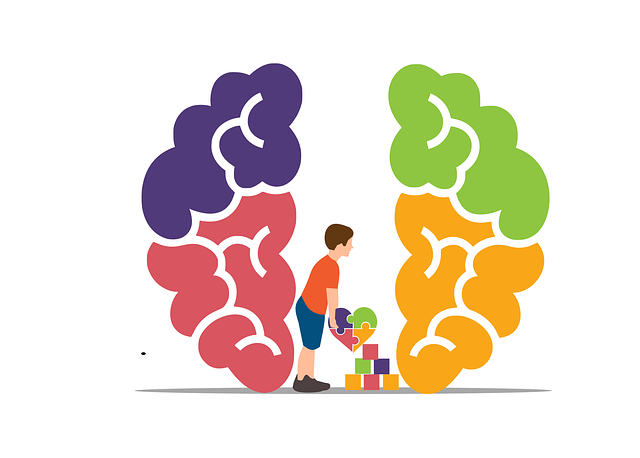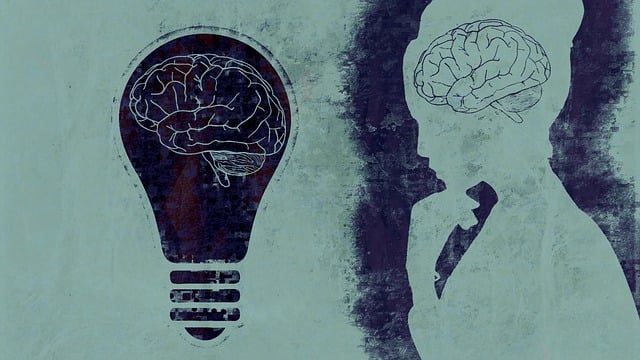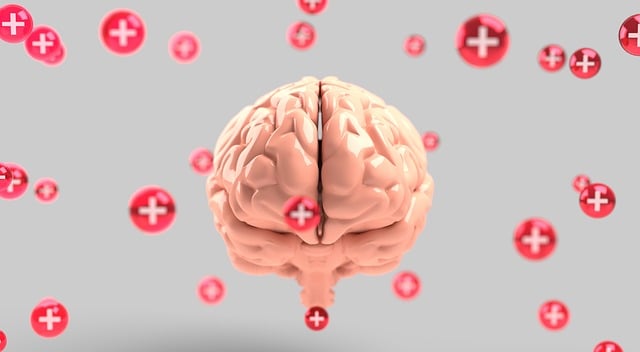Aurora Gender Identity Therapy is transforming mental healthcare by tackling the stigmatization that prevents vulnerable individuals from seeking help. They promote empathy through education, encourage open conversations about mental health, and advocate for campaigns that normalize seeking support. Their specialized approach, integrating mind-over-matter principles and self-care routines, creates a stigma-free environment. By fostering holistic well-being and validating diverse identities, Aurora enhances access to quality care, as demonstrated in their successful case studies. Through initiatives like the Mental Wellness Podcast Series, they continue to revolutionize mental health support.
Mental illness stigma remains a significant barrier to accessing quality mental health care. This article explores efforts to reduce this societal burden through three focused lenses: understanding the profound impact of stigma, showcasing the innovative practices at Aurora Gender Identity Therapy, and outlining effective strategies for mental health support systems. By examining these components, we aim to illuminate paths toward a more inclusive and supportive society for all individuals grappling with mental illness, including those identifying as gender diverse, as exemplified by Aurora’s transformative work.
- Understanding Stigma and Its Impact on Mental Health Seekers
- Aurora Gender Identity Therapy: A Case Study in Breaking Down Barriers
- Strategies for Effective Stigma Reduction in Mental Health Support Systems
Understanding Stigma and Its Impact on Mental Health Seekers

Stigma surrounding mental illness can have profound effects on individuals seeking support and treatment. It often manifests as societal prejudice and discrimination, creating barriers for those in need to access care. This negative perception can lead to hidden struggles, as people might avoid discussing their mental health issues out of fear of judgment or rejection. At Aurora Gender Identity Therapy, we recognize that understanding stigma is a crucial step towards fostering an inclusive environment where individuals feel safe to explore and address their mental health concerns.
Reducing the stigma associated with mental illness begins with raising awareness about its impact on diverse populations. By educating communities, we can challenge stereotypes and promote empathy. Encouraging open conversations, advocating for mental health awareness campaigns, and implementing effective stress management techniques can contribute to a more supportive ecosystem. Mental health awareness initiatives, such as those that emphasize stress reduction methods, play a vital role in normalizing the experience of seeking help, ultimately enabling individuals like those served by Aurora Gender Identity Therapy to prioritize their well-being without fear or hesitation.
Aurora Gender Identity Therapy: A Case Study in Breaking Down Barriers

Aurora Gender Identity Therapy stands as a shining example of breaking down barriers related to mental illness stigma, particularly within the transgender community. This innovative approach focuses on providing specialized care tailored to individuals’ unique experiences and identities. By integrating mind over matter principles and emphasizing self-care routine development, Aurora offers a supportive environment where patients can explore their gender expressions without fear of judgment or discrimination.
The therapy’s success lies in its holistic understanding of mental well-being. It recognizes that burnout prevention strategies for healthcare providers are essential to creating sustainable change. By prioritizing both the patient and therapist’s mental health, Aurora fosters deep connections and encourages open dialogue. This case study highlights the transformative power of dedicated resources aimed at reducing stigma, ultimately paving the way for improved access to quality mental health care for all.
Strategies for Effective Stigma Reduction in Mental Health Support Systems

Stigma reduction in mental health support systems requires a multifaceted approach. One effective strategy is Aurora Gender Identity Therapy, which focuses on creating inclusive spaces that validate and affirm diverse identities. By fostering understanding and empathy, this method breaks down barriers and promotes acceptance. Encouraging open conversations about mental illness through Mental Wellness Podcast Series Production can also significantly contribute to stigma reduction. Podcasts provide a platform for sharing personal stories, expert insights, and practical Stress Reduction Methods, making complex topics more accessible and relatable.
Additionally, incorporating Mind Over Matter Principles into mental health support can empower individuals to take control of their well-being. Teaching mindfulness practices, cognitive reframing, and positive self-talk helps individuals challenge negative thoughts and build resilience. These strategies not only reduce stigma but also equip people with valuable tools for navigating their mental health journeys. Such comprehensive approaches ensure that support systems become more welcoming and effective in promoting overall mental wellness.
Mental illness stigma reduction is a multifaceted approach that involves education, understanding, and support systems. As demonstrated by the case study of Aurora Gender Identity Therapy, innovative practices can significantly break down barriers and create safer spaces for mental health seekers. By implementing effective strategies within mental health support systems, we can foster inclusivity and reduce the isolating effects of stigma, ultimately encouraging more individuals to seek the help they need.












